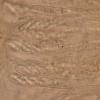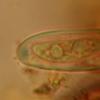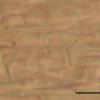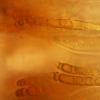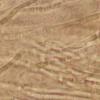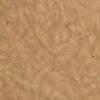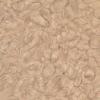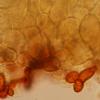
17-02-2026 13:41
Isabelle CharissouBonjour, est-ce que quelqu'un pourrait me fournir

16-02-2026 18:34
 Thierry Blondelle
Thierry Blondelle
Bonjour,La micro de cet anamorphe de Hercospora su

08-12-2025 17:37
 Lothar Krieglsteiner
Lothar Krieglsteiner
20.6.25, on branch of Abies infected and thickened

16-02-2026 21:25
 Andreas Millinger
Andreas Millinger
Good evening,failed to find an idea for this fungu

16-02-2026 17:14
Joanne TaylorLast week we published the following paper where w

16-02-2026 16:53
Isabelle CharissouBonjour, quelqu'un pourrait-il me transmettre un

16-02-2026 11:53
Joeri Belisbetween leaf litter on twig in young salix growth.
Phaeohelotium
Zuzana Sochorová (Egertová),
26-08-2024 16:30
 Hello,
Hello,yesterday I collected this Phaeohelotium on a decaying trunk of Fagus sylvatica (in the field I though it would be Bisporella/Calycina). The apothecia measured up to 7 mm, but mostly up to 4 mm, were vivid yellow, not reddening.
Ascospores (13.9)15.4-18.2(19.7) × (4.1)4.2 4.7(4.8) µm, Q = (3.1)3.5-4.2(4.6), n = 40,
Me = 16.9 × 4.4 µm, Qe = 3.8. Most of them were non-septate, some 1-septate, a few 2-septate and a single 3-septate ascospore was observed.
Asci bb (Hymenoscyphus-type), with croziers. 124-135 x 8-11 µm.
Ectal excipulum textura globulosa-angularis, medulla t. intricata.
Using Bernard´s key I came to Phaeohelotium monticola, but still feel a bit uncertain due to the possible confusion with P. epiphyllum. Based on the information in this forum and after comparing photos on reliable webpages, it seems P. epiphyllum should have less vivid colour, smaller guttules inside paraphyses and should become red when damaged. Nevertheless, I would like to consult this find.
Zuzana
Hans-Otto Baral,
26-08-2024 21:08

Re : Phaeohelotium
Hi Zuzana
first I see from your living asci that the spores are always non-septate before discharge.
The number of septate spores is a pure function of the degree of senescence. Finally they should get brownish, but I saw such spores only rarely in this species.
Xes, it is P. monticola, no doubt. Such elongated VBs are impossible in H. epiphyllus which has only small roundish VBs in high number. The same applies to the cortical cells.
THT IKI-reaction of the VBs is perhaps also typical.
In fact, P. epiphyllum can hardly be confused with Calycina citrina.
Zotto
Zuzana Sochorová (Egertová),
27-08-2024 06:27

Re : Phaeohelotium
Hi Zotto,
perfect, thank you very much!
I can confirm the oldest spores were light brownish.
Zuzana
perfect, thank you very much!
I can confirm the oldest spores were light brownish.
Zuzana

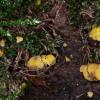
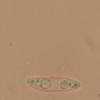
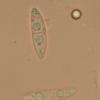

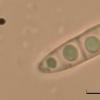
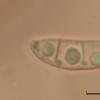

 ascospores-IKI-0001.jpg
ascospores-IKI-0001.jpg